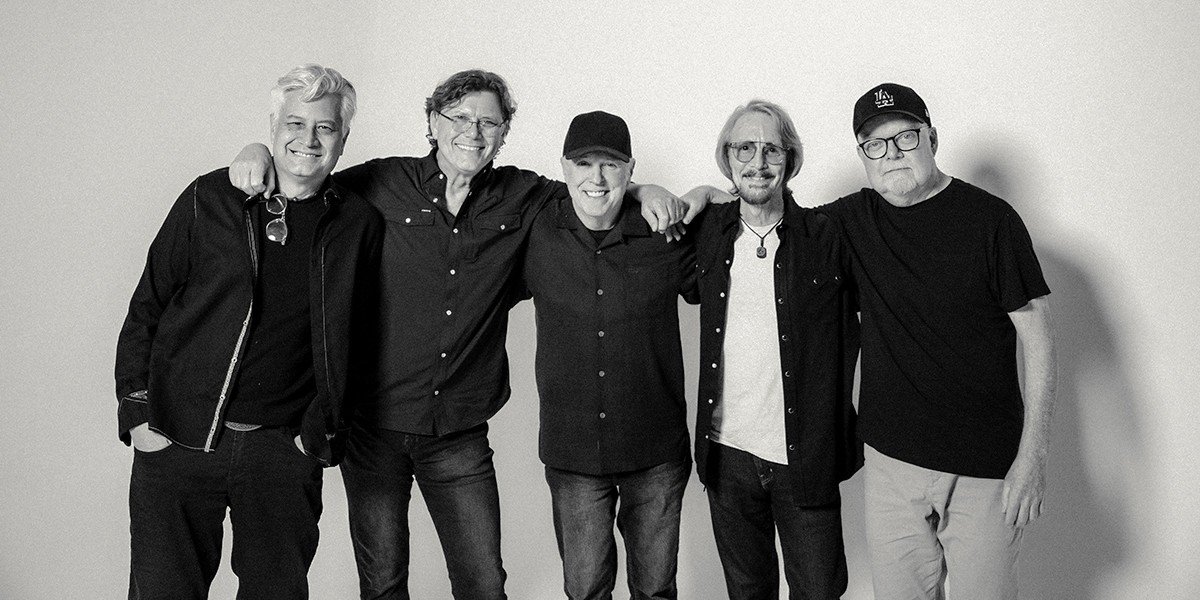Anniversary tours have become a beloved tradition in the music industry, with iconic artists celebrating major milestones by revisiting their greatest hits, offering fans a nostalgic experience, and reigniting their connection to the music that shaped generations. As we see an increase in anniversary tours across the country in 2024, it’s worth exploring the factors driving this trend and its impact on the music industry, fans, and the economy.
Iconic Artists on Tour
Celebrating Milestones
2024 has seen numerous iconic artists embarking on anniversary tours, marking significant milestones in their careers. These tours often commemorate landmark albums, long-lasting legacies, or career highlights. Artists like Lauryn Hill, who is celebrating the 25th anniversary of The Miseducation of Lauryn Hill, are taking to the stage once again, performing albums that have become cultural touchstones.
Multi-Generational Appeal
These tours often appeal to fans who grew up with the music, as well as newer generations discovering it for the first time. By reviving their classic works, these artists are able to tap into a fan base that spans multiple age groups, ensuring sold-out venues and high demand for tickets.
Nostalgic Appeal and Fan Engagement
The Power of Nostalgia
Nostalgia is a key driver behind anniversary tours. Fans are eager to relive the memories and emotions tied to their favorite albums or concerts. For many, these events offer a unique chance to experience music they never thought they’d hear live again, providing a sense of closure or rekindling old passions.
Interactive Experiences
Artists are increasingly incorporating fan engagement into their anniversary tours. This can include special meet-and-greet opportunities, fan-voted setlists, and interactive social media campaigns. These efforts deepen the emotional connection between artists and their fans, creating a personalized concert experience.
Economic Impact of Tours
Boost to Local Economies
Anniversary tours often bring a significant economic boost to the cities they visit. Concertgoers spend on travel, accommodations, dining, and local entertainment, providing a windfall for local businesses. Major cities with iconic venues see the largest impact, with hotel occupancy rates and restaurant bookings spiking during tour dates.
Tour Revenue
For the artists, anniversary tours are highly lucrative, with revenue driven not just by ticket sales but by merchandise, sponsorships, and exclusive VIP packages. The surge in demand for these special events often results in higher-than-usual ticket prices, adding to the financial success of the tours.
Special Setlists and Exclusive Merchandise
Curated Performances
Anniversary tours typically feature special setlists that focus heavily on the albums or songs being celebrated. Fans appreciate the chance to hear deep cuts or songs that haven’t been performed live in years, adding a rare element to these performances. These unique shows differentiate anniversary tours from standard concert tours.
Limited Edition Merchandise
In addition to curated performances, many artists release limited edition merchandise to commemorate the occasion. Items like anniversary-themed shirts, vinyl records, and posters create a sense of exclusivity and serve as keepsakes for fans. Merchandise sales can be a major source of revenue for both the artists and the tour.
Concert Venues and Ticket Sales
Sold-Out Shows
Anniversary tours tend to attract huge crowds, often resulting in sold-out venues. Larger venues such as arenas and stadiums are typically chosen to accommodate the demand, while smaller, more intimate settings are occasionally selected to offer a unique experience. Fans clamor for tickets, sometimes leading to additional tour dates being added to meet demand.
Ticket Pricing
Due to the high demand and limited availability, ticket prices for anniversary tours are often significantly higher than for regular tours. Scalping and secondary market sales are common, making it even more challenging for fans to secure tickets at reasonable prices.
Tour Challenges and Logistics
Managing Large-Scale Tours
Anniversary tours, especially those for major artists, involve complex logistical planning. Coordinating travel, venue availability, and ensuring production quality are just some of the hurdles. Moreover, the pandemic has added new layers of complexity, including health and safety protocols, that must be managed efficiently.
The Strain on Artists
While anniversary tours are exciting for fans, they can take a toll on artists, especially those who are revisiting demanding performance schedules after years of reduced touring. Balancing the physical strain of touring with delivering performances that meet fans’ high expectations is a challenge that requires careful planning.
Social Media Buzz and Digital Promotions
Building Anticipation
In the age of social media, anniversary tours are often accompanied by major digital promotions. Artists tease fans with cryptic announcements, countdowns, and behind-the-scenes content. Social media platforms play a key role in building anticipation for these events, helping generate buzz before tickets even go on sale.
Engaging a Global Audience
Even fans who can’t attend the concerts in person are often able to participate through digital platforms. Livestreamed performances, exclusive online content, and social media updates ensure that the excitement around these tours reaches a global audience. This expanded reach allows artists to connect with fans beyond the physical venues.
Anniversary tours offer a perfect blend of nostalgia, musical excellence, and fan engagement, making them some of the most anticipated events in the entertainment calendar. From celebrating iconic milestones to boosting local economies and providing fans with exclusive experiences, these tours are much more than just concerts—they’re cultural events that capture the essence of music’s lasting impact. As we move through 2024, the wave of anniversary tours across the country continues to highlight the power of music in connecting generations and celebrating milestones.















